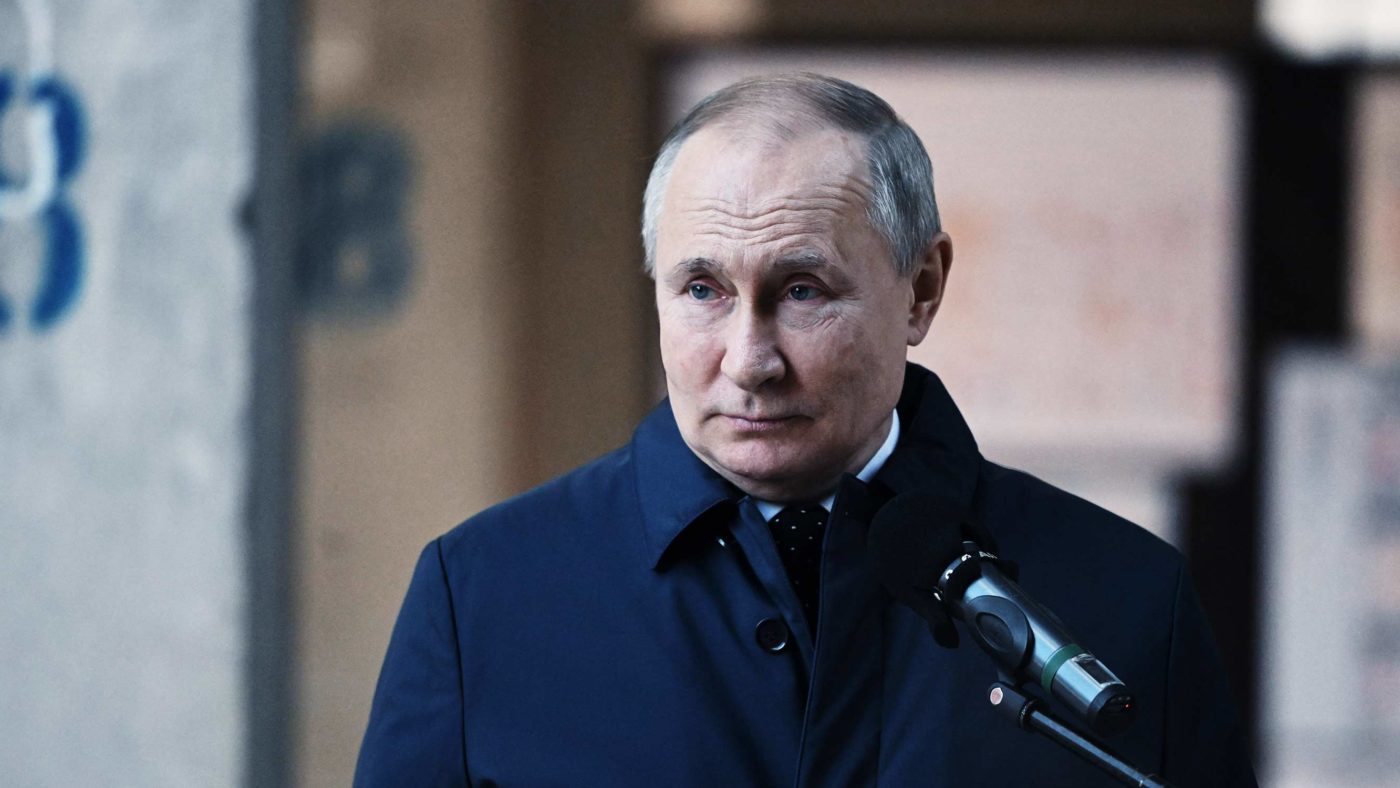At one point in Winnie-The-Pooh, Pooh and Piglet start to follow footprints in the snow. The pair think they belong to a creature called a ‘Woozle’. The tracks keep multiplying, and the two become increasingly confused, until – finally – Christopher Robin explains they’ve been following their own tracks in circles around a tree, and that Woozles aren’t real.
In wonk-world, a Woozle occurs when frequent citation of previous publications not grounded in evidence misleads individuals, groups, and governments into believing there is proof for something. Inevitably, invented claims become accepted factlets and then feed into policy.
Think, for example, of Net Zero.
It’s not possible to decarbonise the UK economy and depend wholly on renewables. Or, rather, doing so requires several times current wind generation (onshore and offshore), plus immense electrical storage capacity. This, not to put too fine a point on it, will cost a bloody fortune. According to risk and chemical engineer Chris Bond, ‘around seven times what the UK spent on emergency Covid measures’ for the storage alone.
Relatedly, not every world leader is motivated to support the ‘rules-based international order’, free trade, and peace. As Russian-born comedian Konstantin Kisin notes, Western governments must get their heads around the idea that ‘not everyone thinks like you, values what you value, or wants what you want.’
Believing that everyone aspires to the same thing leads to two bad arguments I’ve seen in the wild.
The first is that, as author Phil Klay jokes, if we hadn’t expanded Nato, Vladimir Putin would have tirelessly devoted himself to world peace and the brotherhood of man. The second is that Putin is a paranoid, rug-biting nutter: ‘not a rational actor’ is how the latter is usually framed. Actually, no, he has his own view of the world and the armoured divisions to back it up.
Woozles do a particular job of work in the world of bad governance. Pressed into service to bolster what’s known pejoratively as ‘policy-based evidence’, they allow politicians and civil servants to work backwards from a predefined conclusion to produce supporting data. In prosperous countries, they allow governments to claim that the way we would like things to be is the way they are.
Last Thursday morning, the Net Zero Woozle and the Global Rules Based Order Woozle both came to grief in dramatic fashion. Russia invaded Ukraine and the pair ended up face-to-face with a tank.
We now know that not only does Nato lack the capacity to intervene militarily on Ukraine’s behalf, but it also can’t even impose effective economic sanctions. Germany is so dependent on Russian gas that, while Western powers work to suspend Russia’s participation in the SWIFT international banking system, Germany has won itself a special carve-out, otherwise it won’t be able to pay Gazprom and German grannies will turn into popsicles next time there’s a cold snap. ‘We are currently seeing the downsides of a sovereign nation constructing a barrel-shaped pipeline and then obligingly bending over it,’ Bond observes drily.
That’s where Angela Merkel closing the country’s nuclear power stations while chasing the Net Zero Woozle got her. Meanwhile, former Chancellor Gerhard Schröder sits on Gazprom’s board.
Golf clap, Germany, your commitment – as of yesterday – to increased defence spending notwithstanding.
The most useful part of Bond’s decarbonisation analysis is his use of actual power generation data for 2020 and 2021 from Gridwatch, not forecasting. ‘I am not in the modelling business,’ he says pointedly, avoiding the built-in (and wrong-headed) assumptions of everyone from renewables boosters to Professor Neil Ferguson and the Bank of England.
Of note is his focus on how mass windfarm construction has already overwhelmed existing grids and led to a ridiculous situation whereby, instead of storing the extra power generated on windy days, some wind farms are handed ‘constraint payments’ to stop producing as much as 50% of the electricity they’re capable of generating.
As for Putin, at no point does Kisin make excuses for the Botox War Gnome’s behaviour – unlike not a few commentators on both left and right of late – but he does convey the extent to which many foreign policy specialists genuinely believe people who frame events and action differently from them are irrational. The implication, of course, is that liberal internationalists ‘own’ rationality. Kisin is right to note that this is both arrogant and analytically disabling. Putin’s ‘imperial Russia’ policy is rational but unpalatable to those who want to make the world safe for liberalism, and a reminder that any world order is grounded in force and bargaining.
The only observation I can add to Kisin’s is, unsurprisingly, a legal one. Part of the problem is that what goes by the name ‘international law’ is – to use a fine Australianism – an intellectual rort. If there are no enforcement mechanisms, no remedies as such, there is no law. We simply do not have a law-based international order. To the extent we have a rule-based one, it’s based on the US Navy and its supporting alliances.
This is what you get when dingbats who think they can create their own reality have their hands on the levers of power. It’s why we’re bedevilled with absurd denialism that allows people to reject the existence of things they don’t like, and to believe that – through sheer force of will – it’s possible to make reality bend to one’s preferences.
The only way through this is to resist the temptation to frame debates in terms of what ought to be and talk only about what is. Enacting legislation and developing national strategies based on false claims is the policy equivalent of theology. We may as well sacrifice virgins on mountaintops Aztec-style – or send our Woozles into battle against Russian tanks.
Click here to subscribe to our daily briefing – the best pieces from CapX and across the web.
CapX depends on the generosity of its readers. If you value what we do, please consider making a donation.


